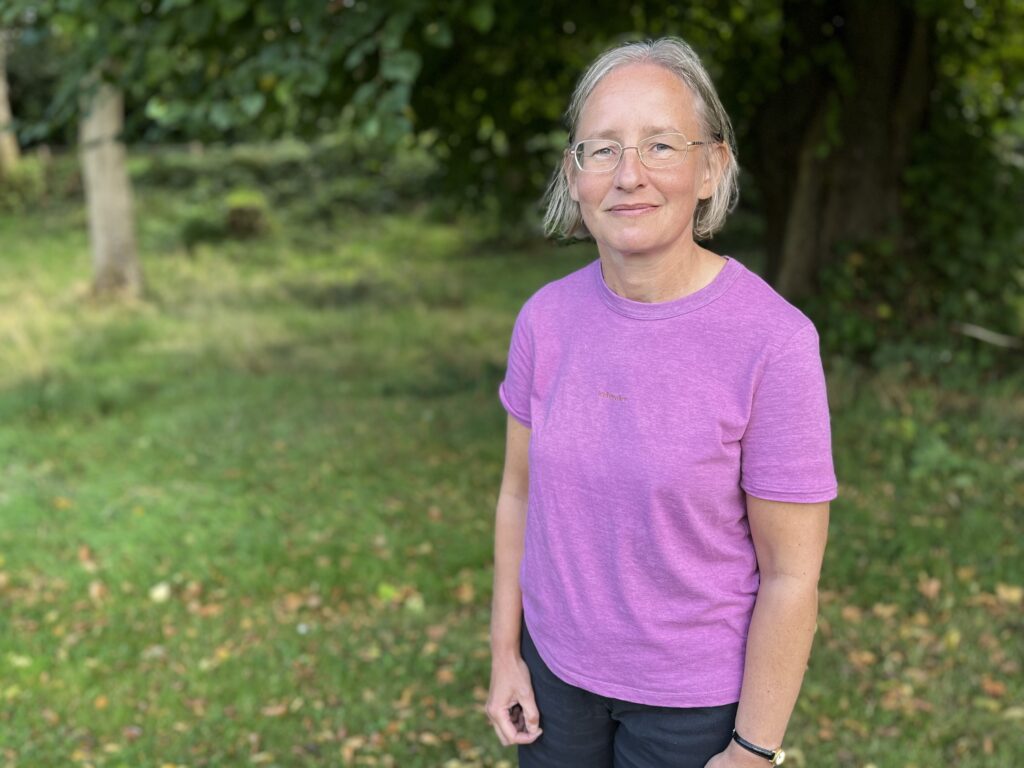Hutton helps to highlight importance resilience of UK trees
The James Hutton Institute has been announced as one of four new projects launched with the help of £500,000 funding to help boost the impact of the UK’s Future of UK Treescapes Programme.
Through its new project, the Tree of Knowledge (ToK), the Hutton will lead work that will help to communicate the complexity of forest resilience.
This will make work around tree species, genetics and epigenetics (where traits such as resilience to cold are passed to the next generation) more visible and understandable to practitioners such as foresters, as well as policymakers and the public.
In particular, it will help show the benefits, risks and uncertainties associated with these concepts, drawing on findings from three ongoing Future of UK Treescapes projects, DiversiTree, newLEAF and MEMBRA.
The project lead is Hutton plant ecologist Dr Ruth Mitchell, who leads the DiversiTree project, alongside Dr Stephen Cavers, from the UK Centre of Ecology & Hydrology, who also leads the newLEAF project, and Dr Estrella Luna-Diez from the University of Birmingham.
Dr Mitchell, who also leads the Biodiversity and Ecosystems Group at the Hutton, says, “It’s increasingly clear, through our research, that both visible diversity among trees species and the invisible diversity are hugely important for the resilience of our treescapes. This includes the diversity that we can’t easily see, such as genetic diversity and epigenetics – chemical changes in the tree which are a bit like the tree’s memory.
“These can be complex concepts, but by helping to make a wider public, from policymakers to practitioners and the general public, more aware of them and the positive impact they have, we can help increase the resilience of our woodlands.”
“It’s increasingly clear, through our research, that both visible diversity among trees species and the invisible diversity are hugely important for the resilience of our treescapes”
Dr Ruth Mitchell

The Tree of Knowledge is one of four projects which aims to propel and amplify the impact of UK Treescapes’ research in unique ways. The projects are supported by a grant of up to £100,000 each, funded by the Natural Environment Research Council (NERC), Arts and Humanities Research Council (AHRC) and Economic and Social Research Council (ESRC).
The Hutton’s project has also generated support from a number of key organisations, including the Chartered Institute of Ecology and Environmental Management (CIEEM), Confederation of Forest Industries (CONFOR) and the Woodland Trust.
Programme Co-Ambassador Dr Julie Urquhart said: “This is a significant step towards enhancing the resilience and expansion of UK treescapes while fostering collaboration between researchers and stakeholders. The projects will contribute valuable insights and practical solutions to the ongoing efforts of the Future of UK Treescapes Programme.”
Notes for editors:
The three projects that the Tree of Knowledge project will draw on are:
DiversiTree will provide woodland managers with the knowledge and tools required to enable them to increase the resilience of their woodlands to climate change, and pests and diseases.
NewLeaf is looking at how quickly trees can adapt to change in the wild and whether human intervention is needed to protect their future.
MEMBRA (Memory of UK Treescapes for Better Resilience and Adaptation) looks at the memory of trees using cutting-edge molecular biology techniques to understand how past stresses are maintained and transmitted through generations.
Press and media enquiries:
Elaine Maslin, Media Officer, The James Hutton Institute elaine.maslin@hutton.ac.uk, tel: +44 (0)1224 395076 or +44 (0)7977 805808
September 15, 2023
